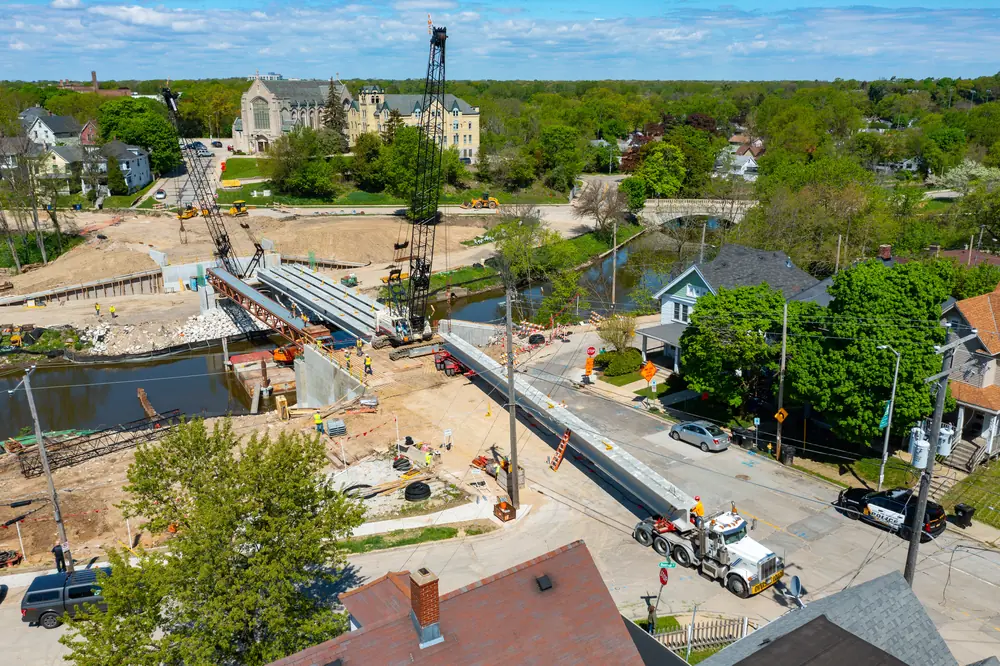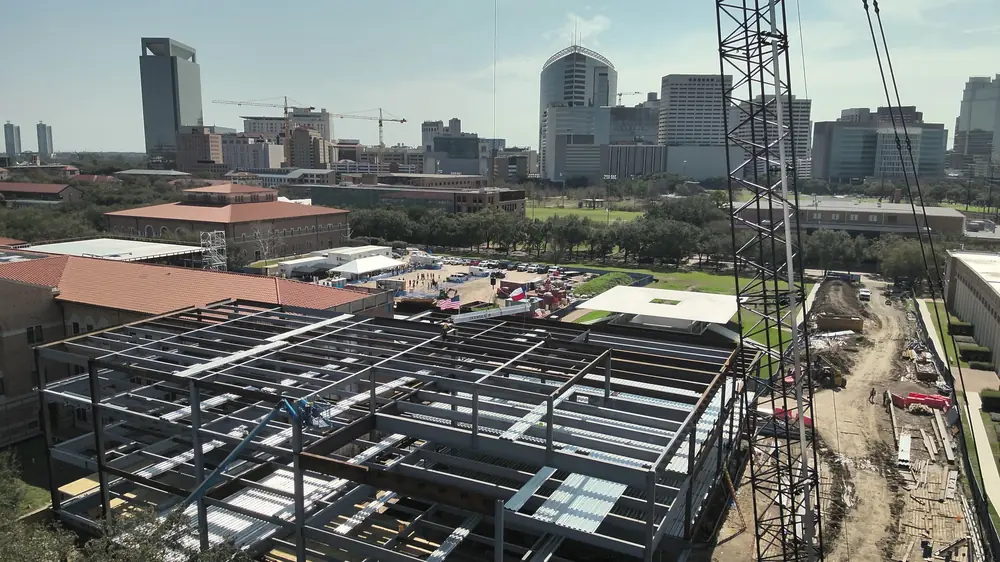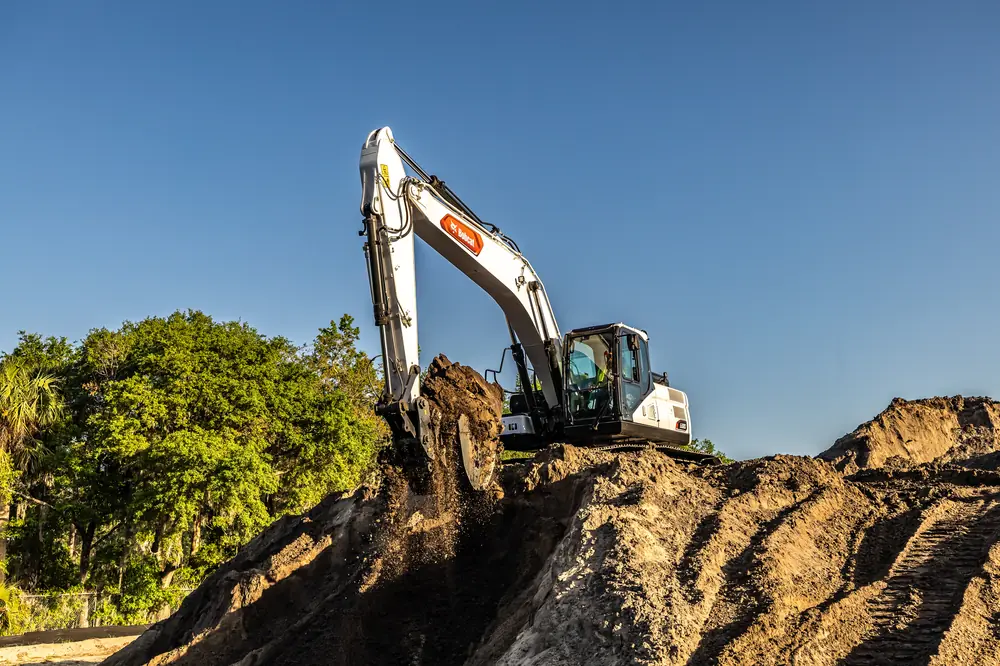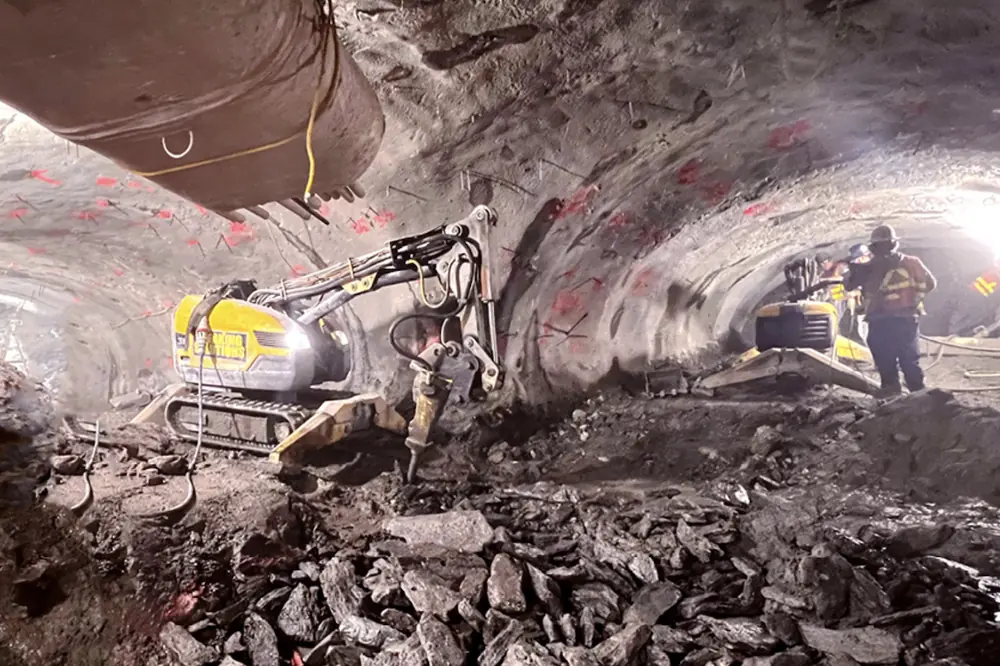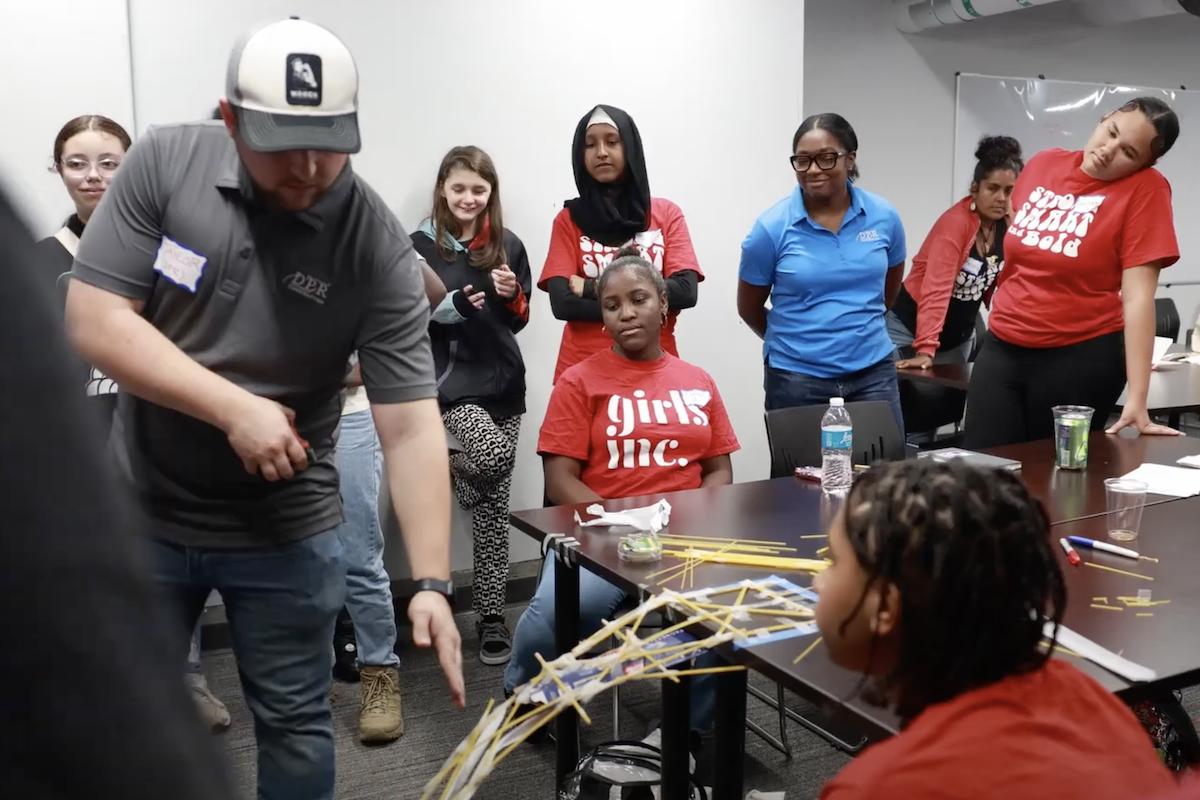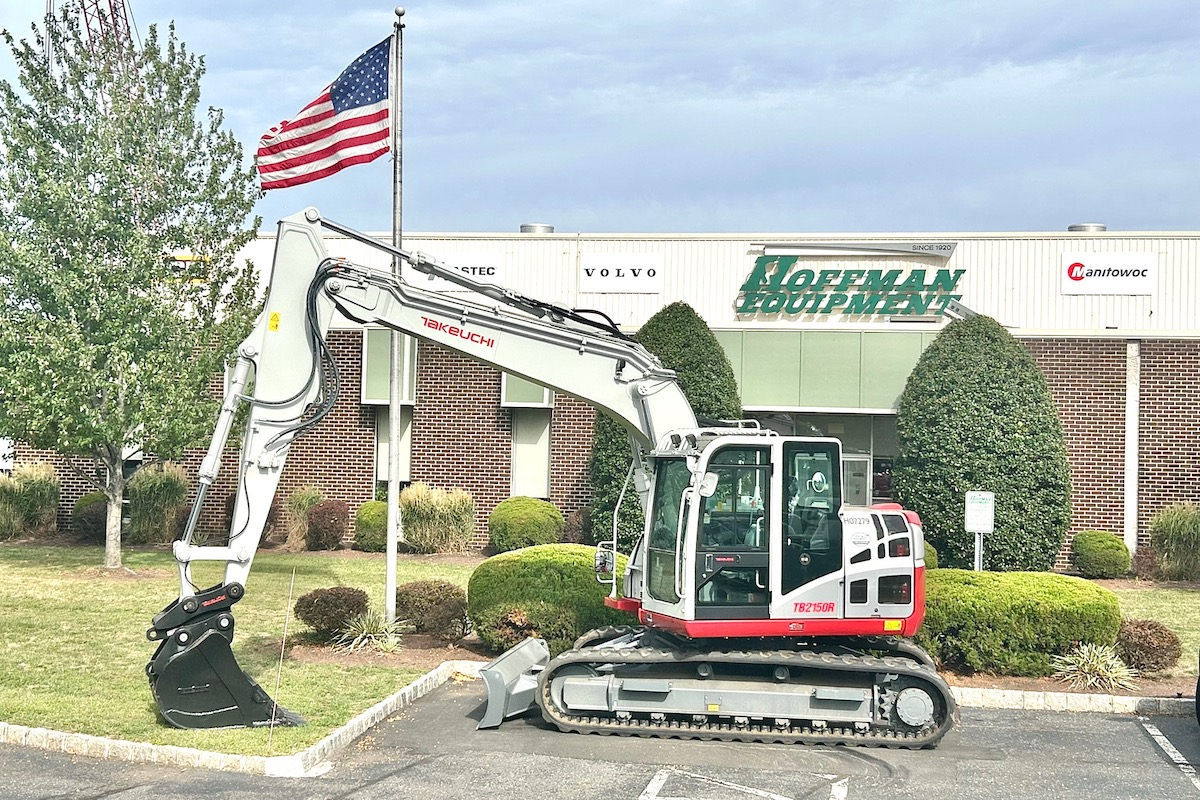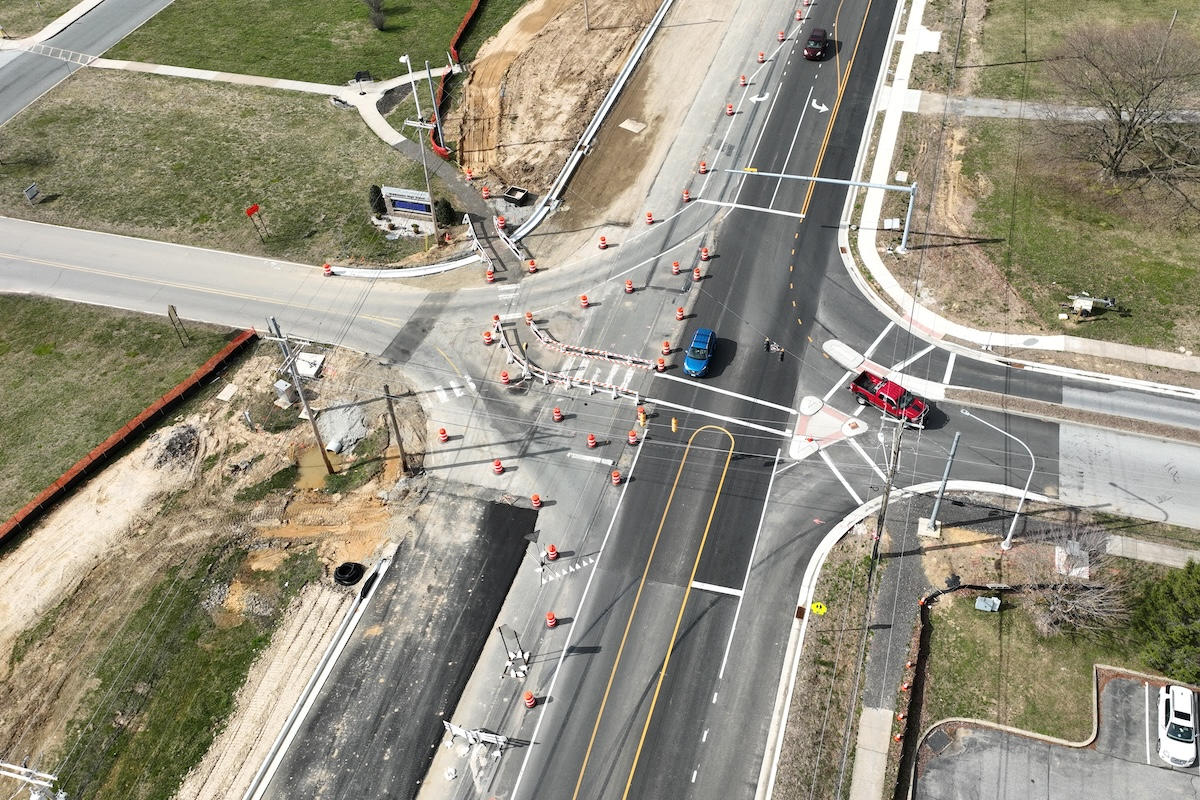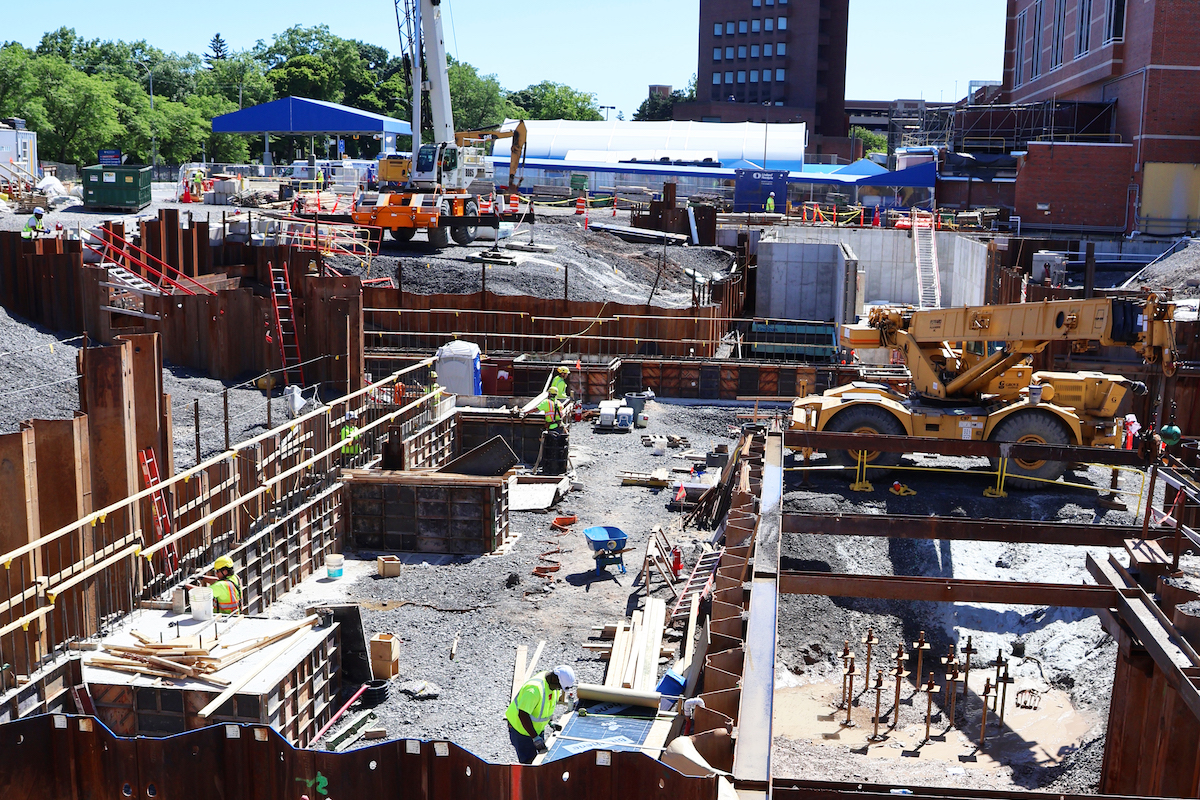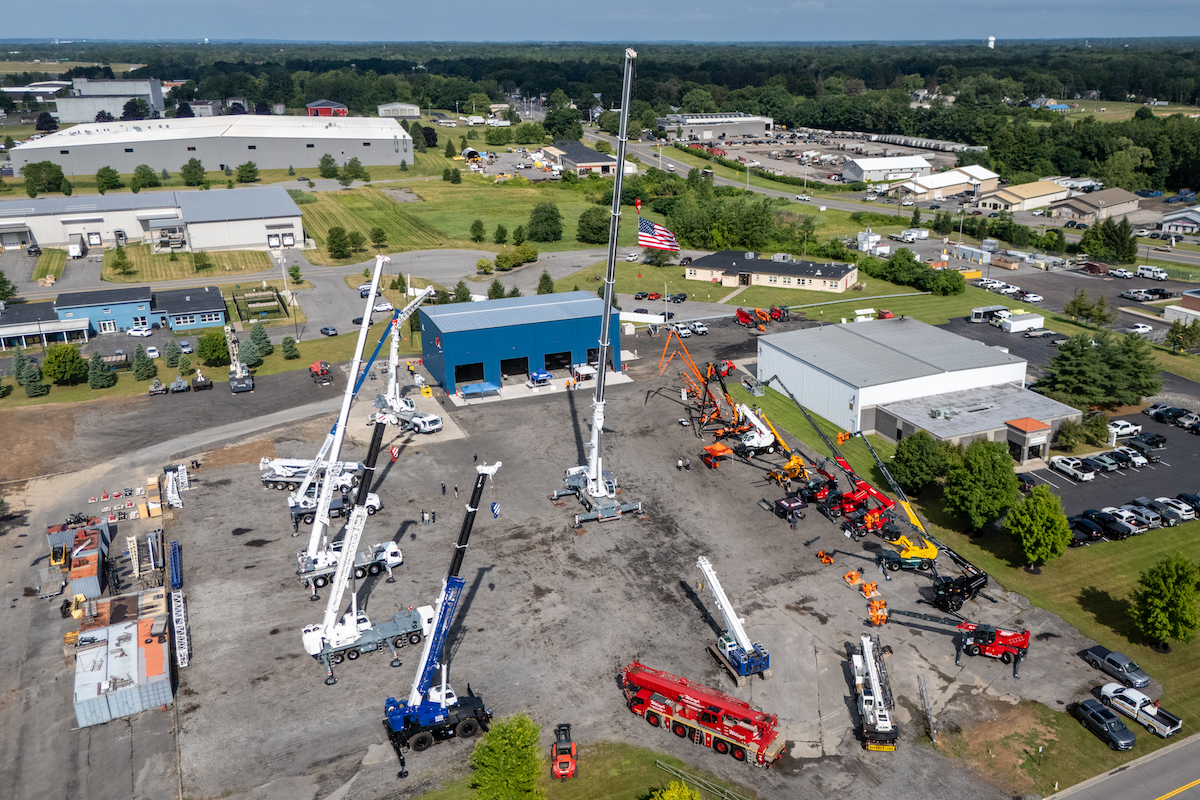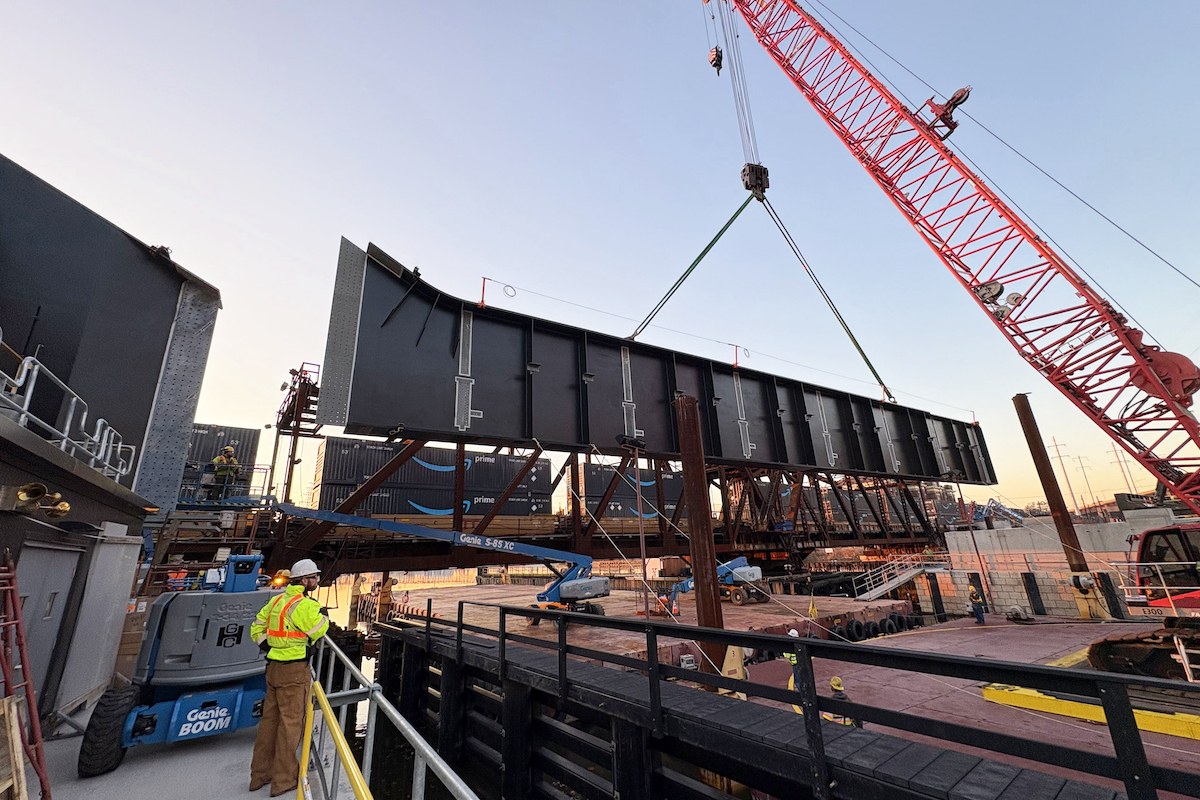In today's complex construction world, digital tools are transforming preconstruction to enable more accurate cost estimating, better risk analysis, and streamlined coordination. However, technology is only part of the story – achieving preconstruction excellence requires embracing new mindsets and methodologies across project teams. The companies that recognize preconstruction's value and harness digital capabilities while cultivating cross-functional collaboration, will gain a true competitive edge.
With a laser focus on preconstruction, firms can shift projects onto a trajectory of optimal efficiency, quality, and safety from day one. The foundation forged during preconstruction manifests in the entire life cycle of construction projects.
The reality is projects vary widely in complexity and getting straight answers to simple questions can be anything but simple. Juggling intricate blueprints and diverse interests easily overwhelms old-school coordination tactics. Cost estimation and budgeting methods also strain to adapt, leaving projects vulnerable to inaccuracies and overruns. Even the best-laid timelines falter from scheduling mishaps and delays.
Manual processes still dominate many planning tasks, opening the door for inefficiencies, data silos, and mistakes. Collaboration suffers as project teams – including architects, engineers, contractors, and clients – navigate fragmented workflows. With data scattered across various systems, analysis and insights become difficult. Inaccuracies in cost estimation can snowball into budget overruns, putting finances on thin ice. Scheduling mishaps spark delays that obstruct efficient project delivery.

| Your local Trimble Construction Division dealer |
|---|
| SITECH Allegheny |
| SITECH Northeast |
To meet modern demands, preconstruction requires a digital makeover. Automating repetitive tasks, centralizing data, and integrating systems can remove bottlenecks. Advanced analytics turn data into valuable intelligence to guide smarter planning. New risk assessment models proactively flag and mitigate emerging perils. Digital cost estimation enhances accuracy to align budgets with reality. Collaborative digital workflows get all stakeholders on the same page.
Advanced analytics, data modeling, and streamlined workflows can now arm teams with enhanced insights to figure out the answers to those questions faster and make smarter decisions. With preconstruction powered up, projects can progress smoothly from blueprint to build.
Having project data scattered across various sources and systems gives way to consolidation and integration. Unifying specifications, costs, materials, and historical data provides teams with a comprehensive, real-time view to enhance decisions and alignment.
Getting all stakeholders – like architects, engineers, and contractors – on the same page is critical. New collaborative software tools allow real-time information sharing to streamline teamwork.
Simplified takeoffs, quantity counts, and cost-tracking software bring sharper accuracy to estimating and greater cost visibility. This fiscal oversight is invaluable throughout the project life cycle.
Digital scheduling and planning tools allow meticulous organization of project timelines and resources. Teams can prevent delays, meet deadlines, and keep everything on track.
Construction generates a blizzard of documents, from permits to contracts. Digital systems neatly organize this critical paperwork for easy storage and retrieval.
Native online estimating tools facilitate fast blueprints measurement and create cost specifications with ease.
Repetitive preconstruction tasks are ideal for automation, from generating design options to crunching historical data to inform decisions.
While preconstruction has lagged in digital adoption, its transformation promises to meet evolving construction challenges. By embracing next-gen technologies and data, teams can elevate this crucial phase to new heights of responsiveness, precision, and success.
A recent survey conducted by FMI consultants, indicated that companies with above-average preconstruction processes enjoy several significant advantages:
- Decrease rework by 34 percent
- Grow profitability by 22 percent
- Increase productivity by 23 percent
Digital transformation equips construction teams with a potent arsenal for proactive risk management. By harnessing data analytics and predictive algorithms, potential challenges are identified and addressed before they can disrupt the project.
This foresight allows the development of comprehensive risk mitigation strategies and contingency plans. The result is a construction process that navigates uncertainties with poise, minimizing disruptions and instilling confidence among stakeholders and investors.
In the digital realm, design coordination and collaboration flourish as never before. Architects, engineers, contractors, and clients converge seamlessly, ensuring that the project's design aligns with its intended vision and practical feasibility.
This interdisciplinary collaboration not only fosters creativity, but also promotes functionality within the constraints of the construction process. Early design coordination identifies potential conflicts, challenges, or adjustments, preventing costly redesigns or delays during construction.
Savvy teams realize every project offers opportunities to extract more value. By taking a microscope to plans during preconstruction, they can re-engineer smarter ways to deliver top-notch results for each dollar. Rather than just slashing costs, value engineering boosts efficiency, function, and performance through deliberate choices.
With diverse collaborators like architects, contractors, and stakeholders at the table, projects benefit from collective wisdom to shape inspired solutions. Testing alternatives early – from materials to methods – allows teams to pivot smoothly toward maximum value.
The objective is to craft the ideal balance of quality, functionality, and cost before swinging hammers. With creativity and analysis as guideposts, teams can optimize and refine projects to new heights, orchestrating value at every turn. Value engineering elevates preconstruction from project prep to high-impact planning, where ingenuity and intelligence intersect.
Construction has always been built upon a synthesis of vision, collaboration, and execution. By elevating preconstruction to new heights of strategic excellence, firms can deliver their visions responsibly, economically, and on time. The preconstruction phase sets the trajectory for success or failure, and its digital transformation promises to steer projects smoothly toward positive outcomes. For construction companies ready to take the lead, the time is now to seize the advantages of digital preconstruction.
Ro Bhatia, the CEO of PlanHub, is passionate about promoting PlanHub's role within the Preconstruction sector as a tech-savvy software company that revolutionizes bid management. With over 500,000-plus contractors in our nationwide network, PlanHub is an all-in-one hub that centralizes the preconstruction process from start to finish. Bhatia aims to position PlanHub as a game-changer, empowering contractors to save time, boost productivity, and gain valuable market intelligence. Through the platform, contractors can expand their networks and strengthen existing relationships while discovering new opportunities within the construction industry. With his vision and expertise, Bhatia seeks to drive awareness and growth for PlanHub as the go-to solution for preconstruction.



